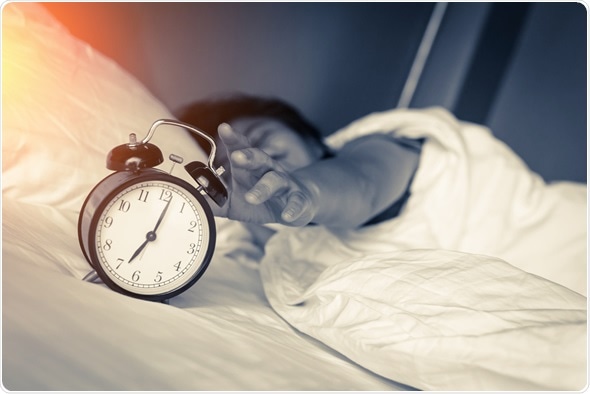For The Latest Medical News, Health News, Research News, COVID-19 News, Pharma News, Glaucoma News, Diabetes News, Herb News, Phytochemical News, Thailand Cannabis News, Cancer News, Doctor News, Thailand Hospital News, Oral Cancer News, Thailand Doctors
Teenage or adolescence is often associated with changes in sleep patterns, which may often seem extreme. This period is linked to drastic physical, mental, and emotional changes, stemming from alterations in brain activity, which lead to changes in sleep rhythms as well.

It is known that the internal body rhythms, or Circadian rhythms, which relate to the time of day, are reset during puberty. Thus the sleep-inducing hormone melatonin starts to be secreted at a different time than before. This means that for an adolescent, it takes much longer both to wake up in the morning and to go to bed at night. At the same time, they also need more sleep than before for normal brain activity to occur.
In addition, a second sleep-wake homeostatic system is postulated to come into action, depending only on the prior hours of sleep or waking to determine how many hours an individual sleeps spontaneously.
While most earlier studies concluded that most teenagers needed 9¼ hours of sleep every night, a more recent but highly controversial study claimed to show that 7 hours sleep is optimal to maintain good health and alertness. This amount of sleep is difficult to get for most teenagers, however. In addition, even 8 hours of sleep is often impossible, because of the conflicting demands of studies, sports or music and other out-of-school activities, homework, and often part-time work, besides hanging out with friends.
To ensure that a teenager receives enough sleep, it is necessary to take some steps:
Sleep deprivation has many adverse effects, including:
A large study involving 12,000 teenagers found that those spending less than 8 hours a night in sleep had a higher risk of behaviors such as:
Long-term problems which may arise from the sleep deprivation include obesity and hypertension.